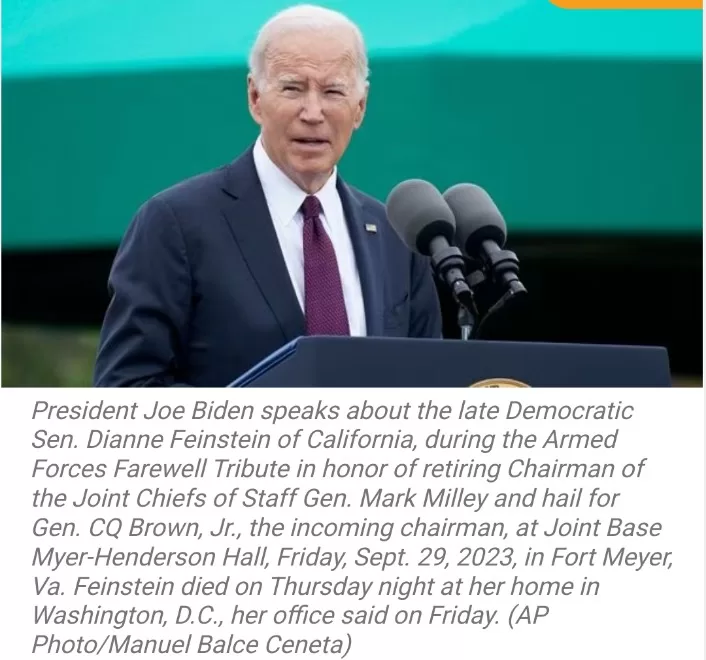Hardline Republicans in the U.S. House of Representatives have cast a shadow of uncertainty over the nation, as they rejected their own bill aimed at extending government funding by a mere 30 days. This dramatic turn of events, occurring on September 29, now makes a federal agency shutdown all but inevitable, set to commence on October 1.
In a closely-watched vote, the House defeated a measure seeking to prolong government funding, raising concerns about the nation’s financial stability and operational continuity. The bill, while ostensibly designed to extend funding, came attached with stringent spending cuts and immigration restrictions – clear Republican priorities that faced an uphill battle in the Democratic-controlled Senate.
This resounding defeat has left Republicans in a precarious position. With control of the chamber at 221-212, they now lack a coherent strategy to prevent the impending shutdown. If the clock strikes 12:01 a.m. ET (0401 GMT) on Sunday without a funding extension, the consequences will be dire. National parks will close their gates, the livelihoods of up to 4 million federal workers will be disrupted, and critical functions spanning from financial oversight to scientific research will be severely hampered.
House Speaker Kevin McCarthy, in the aftermath of this setback, hinted at the possibility of still securing funding extension approval. However, specific plans remained elusive, leaving many in suspense. The chamber is anticipated to hold further votes on Saturday.
McCarthy offered a resilient perspective, stating, “It’s only a failure if you quit,” reflecting a determination to find a way forward in this challenging situation.
Yet, the Senate’s response remains uncertain. Although the chamber was scheduled to discuss a bipartisan bill to fund the government through November 17, procedural obstacles could potentially delay the final vote until Tuesday.
U.S. Treasury Secretary Janet Yellen has sounded a cautionary note, warning that a government shutdown could “undermine” the nation’s economic progress. The impact could idle programs supporting small businesses and children, potentially stalling significant infrastructure improvements.
This looming shutdown would mark the fourth in the past decade and arrives merely four months after a similar impasse brought the federal government perilously close to defaulting on its colossal $31 trillion debt. Such recurring brinkmanship has understandably rattled Wall Street, with Moody’s ratings agency expressing concerns over potential damage to U.S. creditworthiness.
As the nation holds its breath, hoping for a resolution, the uncertainty surrounding the impending government shutdown remains a point of grave concern.







